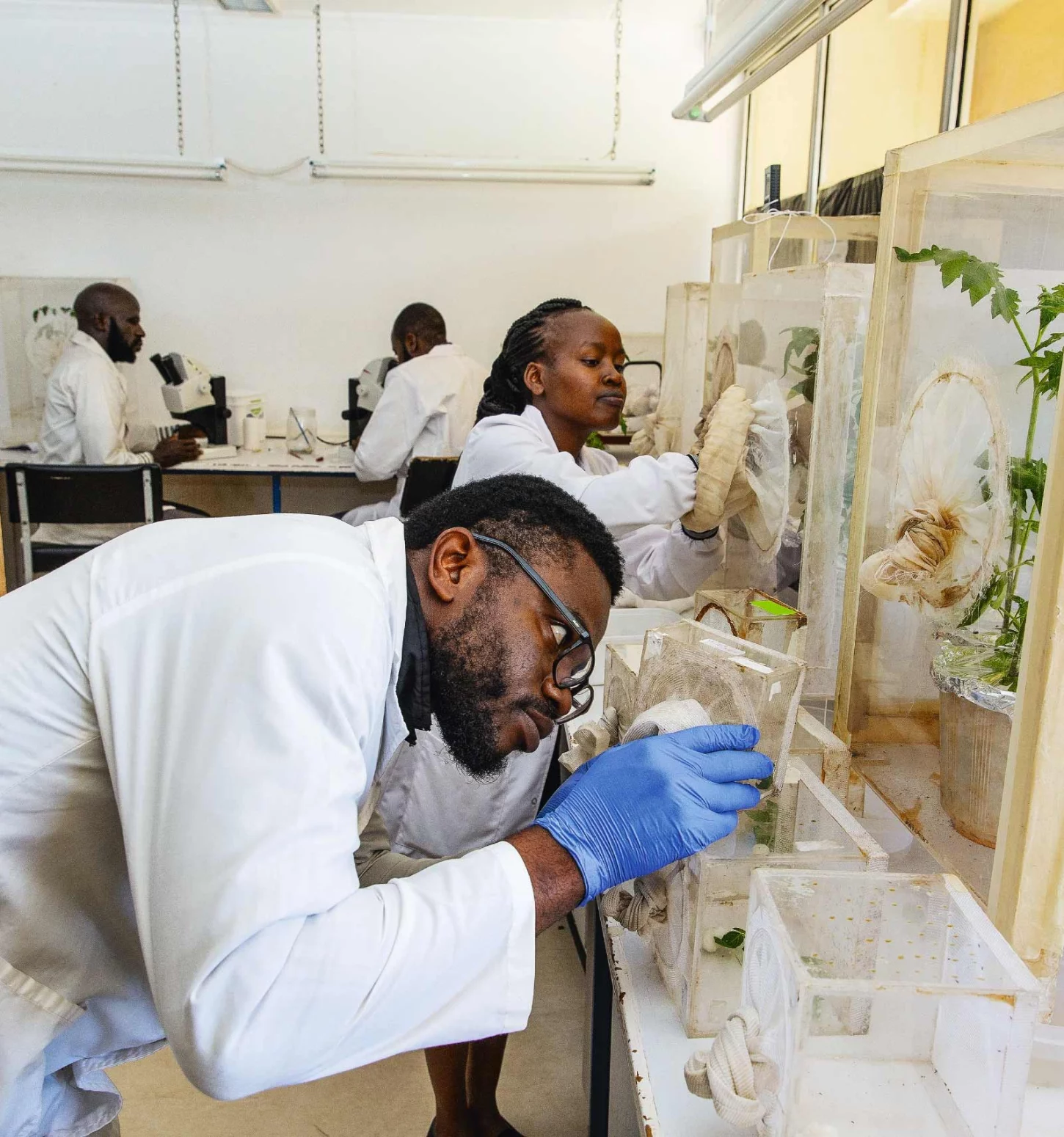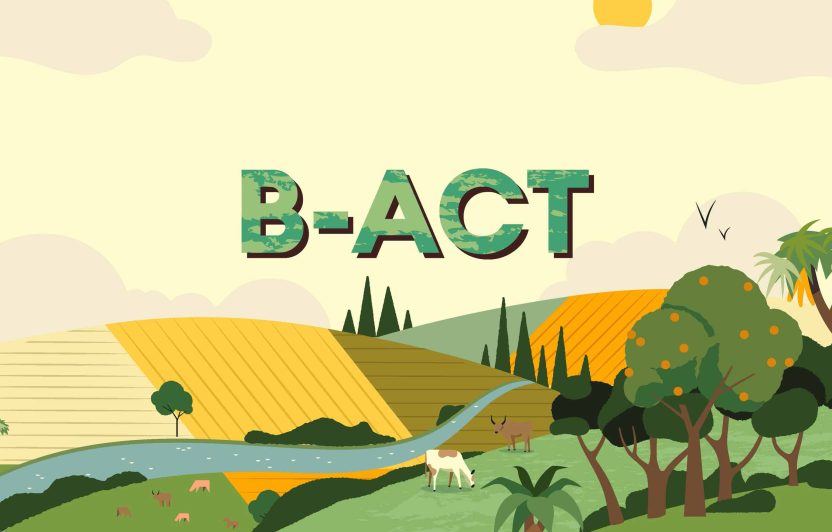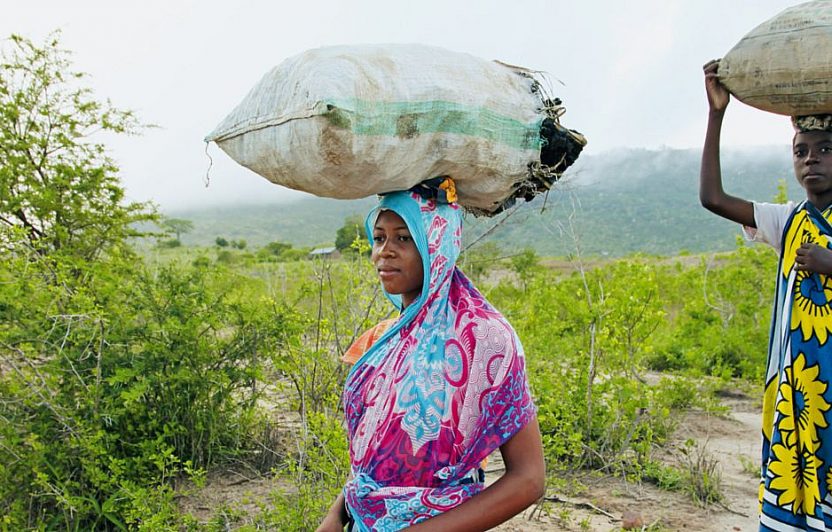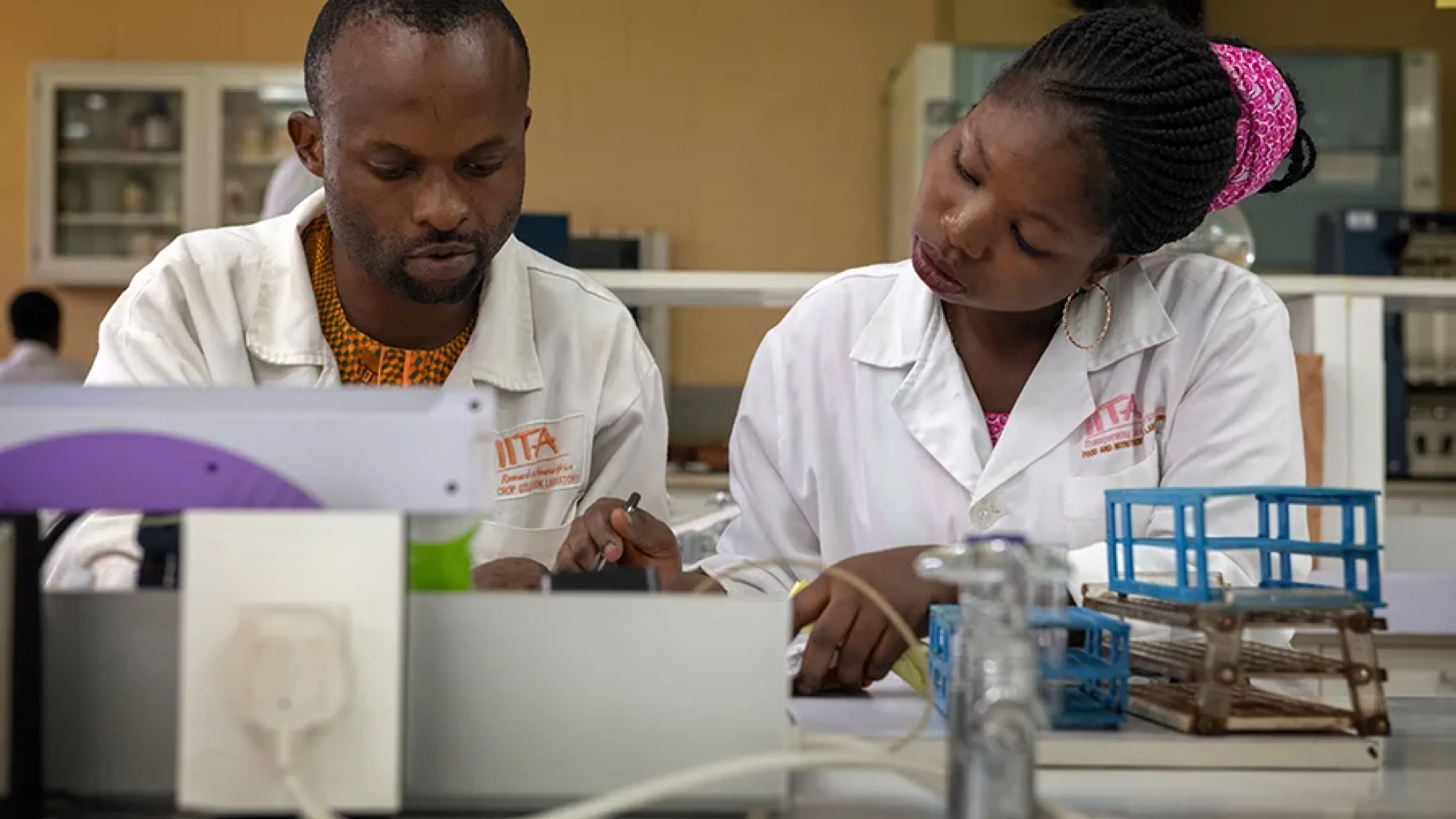
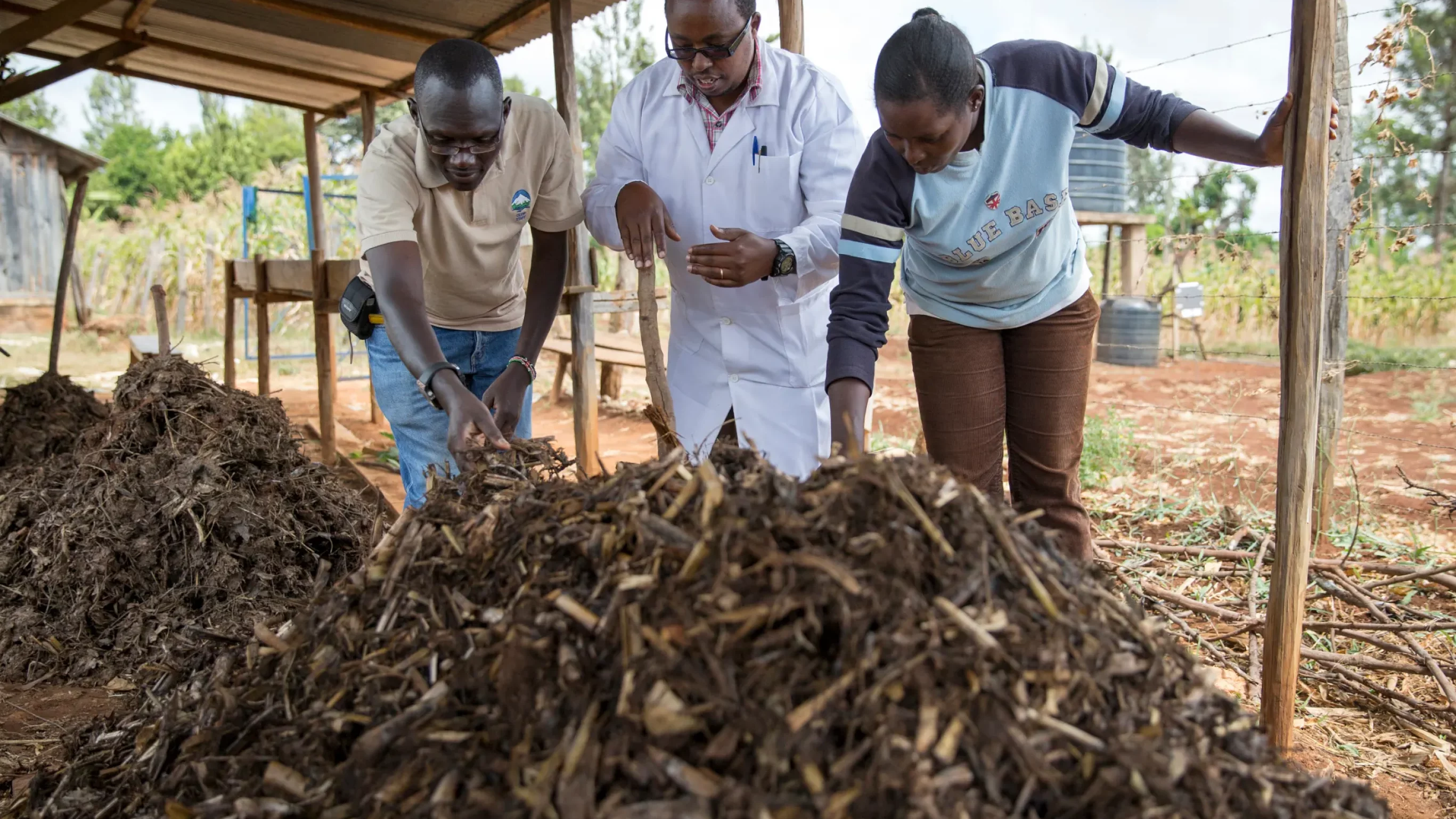
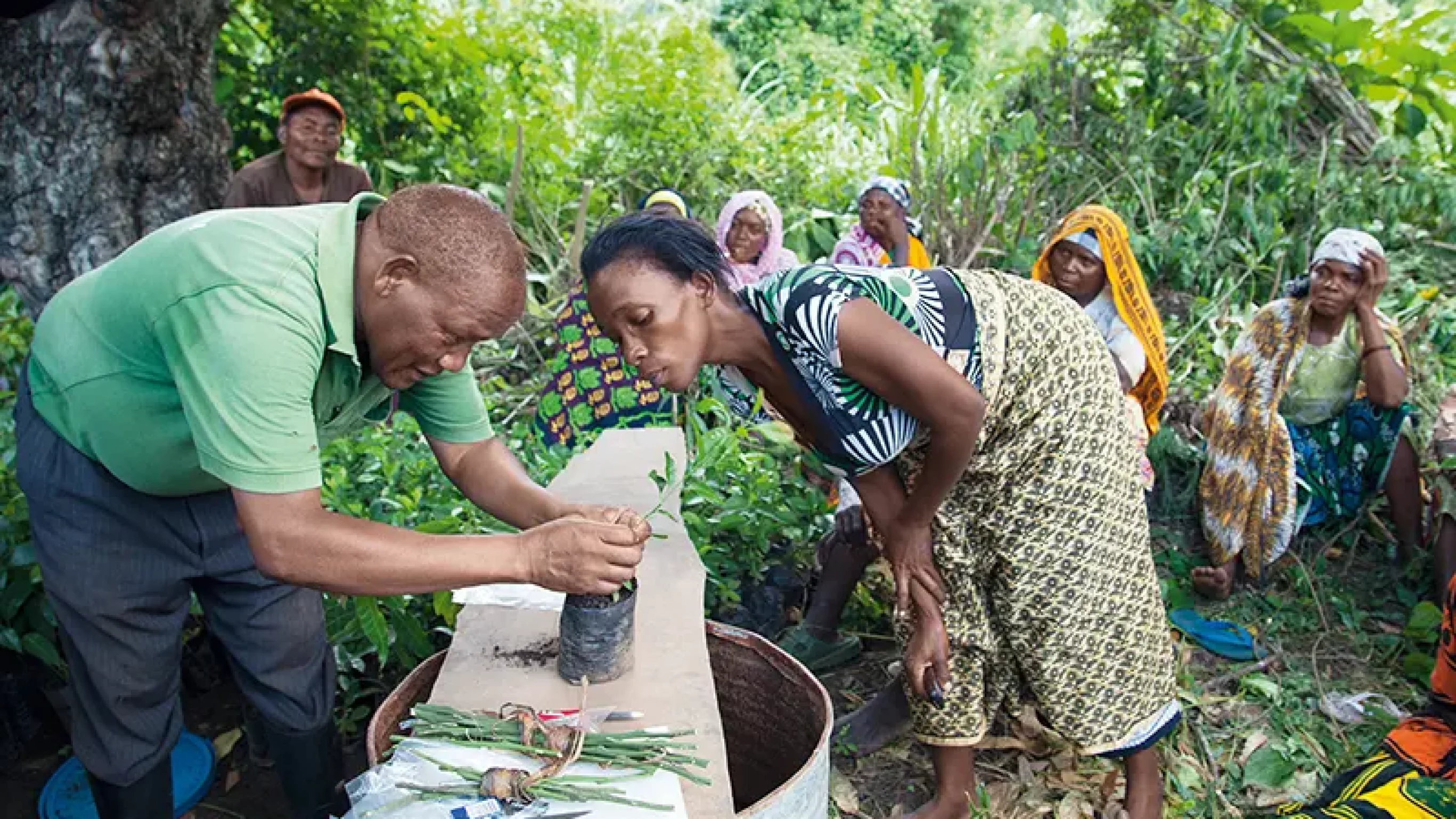
Leached soils, endangered biodiversity, a hotter climate: in the medium term, industrial agriculture will destroy its own basis for food production. Nevertheless, the major donors in international development cooperation continue to support food production based on monocultures, synthetic pesticides and artificial fertilizers. A new study by Biovision with the international expert panel IPES-Food and the Institute of Development Studies (IDS) shows that 85 per cent of the agricultural development cooperation funds from the powerful Bill & Melinda Gates Foundation flow into industrial food production.
The situation is not much better for agricultural research institutes in Kenya: only 13 per cent of projects are linked to agroecology, an agricultural method based on sustainable production and a holistic approach that considers social issues and political contexts.
The big promise has not delivered
50 years after the “Green Revolution” in sub-Saharan Africa introduced widespread industrial agriculture, its effects are sobering. Hans R. Herren, World Food Prize winner and President of Biovision, says: “The industrial approach has failed across the board – for ecosystems, for farming families, for all of sub-Saharan Africa.” Despite all the ecological damage caused, it has not fulfilled its promise of ending hunger. On the contrary: world hunger has been increasing in recent years.
Numerous initiatives and projects around the globe demonstrate that agroecological approaches work in practice (see Beacons of Hope), but they are knowledge-intensive. Agroecology does not deliver uniform, globally applicable remedies; rather, it requires the development of locally adapted solutions. This makes it all the more important to redirect research funding from industrial to agroecological research.
Positive approaches in Swiss development cooperation
Switzerland is, in this regard, ahead of the game: the Swiss Agency for Development and Cooperation (SDC), like its German and French counterparts and the FAO (the UN Food and Agriculture Organization), has officially recognized agroecology as a key method for establishing sustainable food systems. The study shows that 51 per cent of projects financed by Swiss development funds contain elements of agroecology, and 41 per cent also support systemic components like fair working conditions and gender equality. The study sees potential for improvement in projects that Switzerland co-finances, of which only a handful include systemic approaches.
Positive approaches exist, but time is running out. Herren warns, “With the multiple challenges of climate change, economic pressure on land and water, nutrition-based health problems and pandemics such as Covid-19, which exacerbate the problem of food insecurity in sub-Saharan Africa, we need change now. And in order to make it happen, significantly more research funds must flow into agroecology.”
Biovision and research
In the project “More Research for Agroecology“, Biovision pursues through policy dialogue & advocacy the goal of increasing investments for sustainable agriculture in Africa but also globally.
In a study published in 2020, Biovision investigated how research funds are currently distributed between industrial and sustainable agriculture and formulated recommendations for ways out of the impasse of industrial agriculture.
